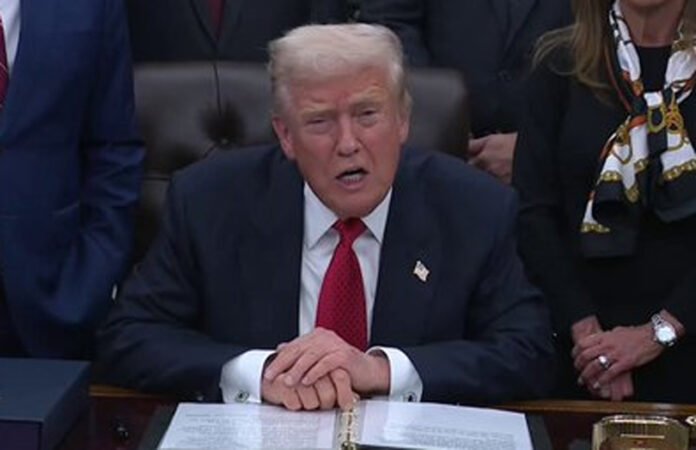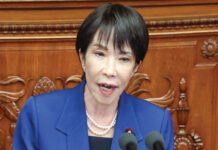Washington, D.C., November 17:
In a major shift in U.S. trade policy, President Donald Trump has signed an executive order removing tariffs on key imported goods—including beef, coffee, tropical fruits, and other agricultural products—aimed at lowering consumer prices and easing inflation pressures.
The move is expected to significantly boost trade with Brazil, one of the largest exporters of these commodities. By lifting tariffs, the administration hopes to reduce grocery costs and stabilize food inflation, which has remained a concern for households nationwide.
Trump called the measure “a direct step toward lowering the cost of living for American families,” emphasizing that reducing import duties would allow businesses to pass savings to consumers.
However, the decision has triggered backlash from Republican trade hawks, who argue that the rollback could weaken the United States’ negotiating leverage and put domestic producers at a competitive disadvantage. Despite this criticism, economic analysts suggest the tariff cut could provide short-term inflation relief, though long-term impacts on the agriculture sector remain uncertain.
















